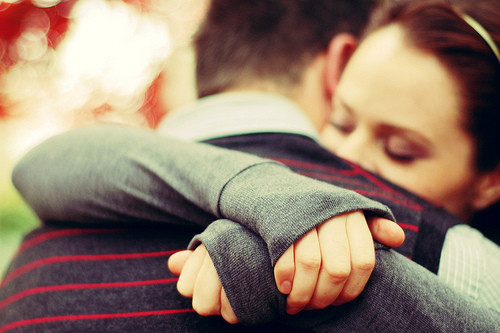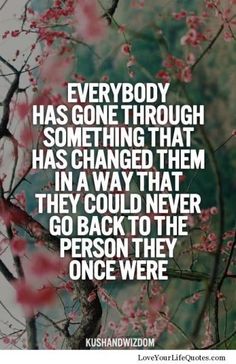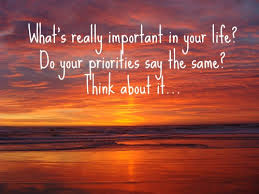
At my work, we have a group that has recently started up to get together and play cards at lunch periodically.
Today was my first day playing with the group, and the game we played was Canasta.
From as early as I can remember cards have been a part of my life, and when I think of cards I automatically think of my Grandma.
I had a pretty great childhood, and some of my favorite memories are about Grandma and weekend sleepovers at her house. it’s funny that I thought of it as “her” house. Grandpa was there too – but he was often off doing his own thing, mostly joining us for meals and cards after dinner; so most of my memories revolve around Grandma.
I’m one of 4 siblings, but Grandma would have us over individually so she could focus on us. And when we were there she made us feel like the most special kids in the world.
There were all sorts of great moments.
At the start of every Grandma visit she and I would walk to the grocery store, where she let me pick my own box of cereal. My parents didn’t buy sugary cereal, so I almost always chose Fruit Loops (you can’t get much more sugary than that).
I loved to draw, and Grandma kept a drawing pad waiting for me in a drawer in the guest room. I would spend hours drawing assorted creatures and monsters. Once done I would show them to her and she would tell me how horrible they were. Then she would lovingly hang them on the kitchen wall.
And that kitchen…
Grandma was a great cook. The only times I was ever involved in the cooking was when she let me help roll out her spice donuts. But I can still picture her in a floral shirt and an apron working in the kitchen; tasting, seasoning, and ensuring everything was “just right”.
There are all sorts of memories, but my best ones revolve around cards.
My earliest memories of cards are playing games like Concentration and Crazy 8’s. As my skills grew we moved onto more complex games; and our favorites were Russian Bank (when it was just the two of us) and Canasta (when Grandpa played).
At the start of my visit Grandma would give me a small pile of change, and we played for money (I believe Russian Bank was 10 cents a game for the winner, while Canasta was 25 cents). Not only did she provide my starting money, she also ensured I went home after the weekend with a few dollars in my pocket.
I was always proud of the fact that I did well enough against her to come home with a pocket full of change; and it was years before I realized that she was letting me win.
Grandma always taught, pointing out moves when I missed them to help me learn. Or sometimes just asking “are you sure you want to discard?” to make me look at the table more closely for the move I was clearly missing.
As I learned the games she would start to play harder. And I would like to think we eventually got to a point where we were both playing hard and competing. I suppose I’ll never truly know – maybe I only ever won when she let me. I would like to think I earned at least a few of those wins though.
There were so many lessons I didn’t realize I was learning during those hours spent playing cards. Grandma taught me to be a good sport. Winning was secondary to having fun, and cards were primarily an opportunity for visiting and just being present with each other.
In my teen years and early University years I didn’t see my Grandparents very often (though it was still very special when I did). When my Grandpa died, Grandma went to an independent living apartment and I started seeing her on a more regular basis again.
I was a young man now, early in my career; and just as I had changed so had our relationship. She was still my Grandma, but she was also like a friend. I felt no sense of obligation in seeing her, I went because I enjoyed it. She was this cool friend who I could talk to about anything – she just happened to be a lot older than me.
As the years went by, Grandma remained remarkably lucid. I would start hearing her stories repeat a bit more frequently – which for the most part was fine as she was a fantastic story teller, with fun stories.
Eventually the stories started repeating multiple times in a single game of cards, and we knew her mind was starting to go. She was in her 90’s by then so it wasn’t unexpected, but it still wasn’t easy.
It had always seemed like she would live forever, which was ridiculous in some ways. But as her memory continued to go, realization set in that her time with us was coming to a close.
Eventually she was hospitalized, and at some level my family all knew she was never going home again.
She was only in the hospital for a few months, but I hated seeing her there. She was this fiercely independent woman who had made it to her mid 90’s on her own; yet here she was in a hospital bed day after day.
When I would visit she would always ask me “Andrew, when am I going home?” I knew she never was, but I couldn’t tell her that, so I would just respond “as soon as you are strong enough Grandma”. It broke my heart to lie to her, but I couldn’t tell her the truth.
A few weeks before she died, I went to the hospital and brought two decks of cards. I asked the nurses for a second table for her bed so we would have a space big enough for Russian Bank, and we played.
That day, I had to teach her how to play. She couldn’t remember the rules of the game that she and I had spent the last 20 plus playing, though periodically she would tell me that it seemed like it was a wonderful game. It was. And I will always hold dear my memories of playing it with her through the years.
That day I let her win, one last time.
Grandma has been gone for around 10 years now, but she is still very much alive in how she impacted my life.
I don’t play cards that often anymore, but I still play. I have tried to teach my boys, and pass along some of the lessons that I learned. My boys are a different generation and are more interested in electronics, but they will play cards sometimes. And when we get together with my family, it’s always a highlight when the cards come out.
My girlfriend and I have started playing Canasta with my parents, and although we haven’t played that often when we do it’s great.
The lessons of cards are really lessons of life. You won’t always win, and that shouldn’t be the focus. In all aspects of life you need to learn to enjoy the process, and the journey. Because when you enjoy the process it really doesn’t matter what the outcome is.
All those lessons.
All those memories.
And for me, it all started with Grandma.


















